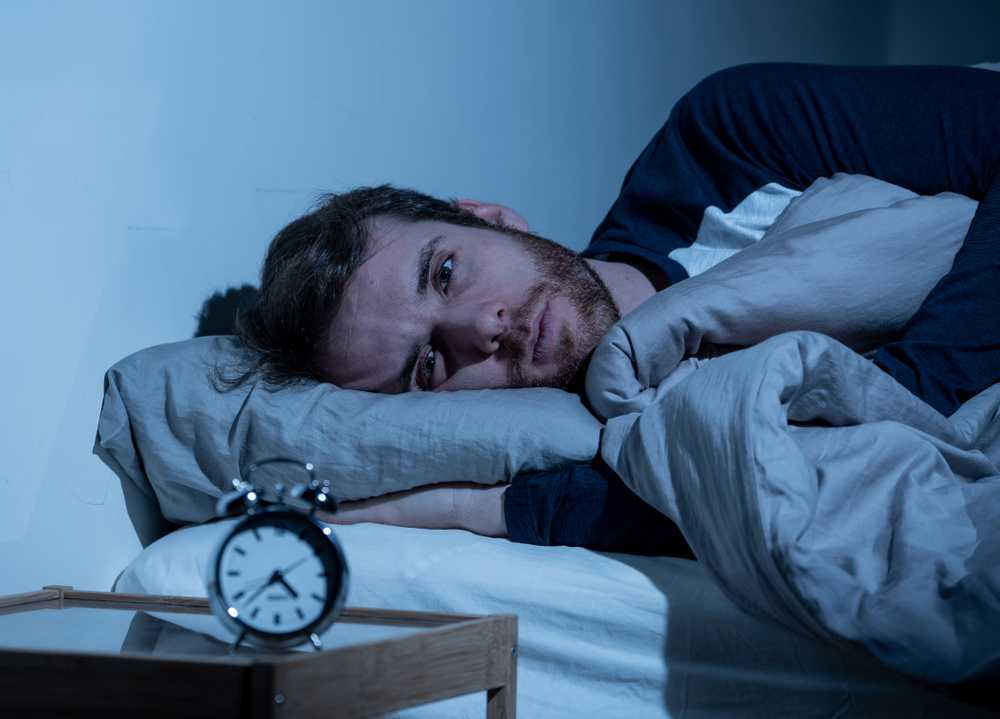There is a common stereotype that teenagers sleep in while older adults wake up early. Surprisingly, this stereotype holds some truth and is actually part of the natural aging process.
Experts recommend that adults get seven or more hours of sleep per night and establish a consistent sleep schedule by going to bed at the same time each evening. However, as people enter midlife, they tend to sleep less each night, with the average decreasing by 30 minutes every 10 years. Additionally, they often find themselves going to bed earlier and waking up earlier.
There are several reasons why this change in sleep pattern occurs.
To comprehend why sleep patterns change, we first need to grasp how sleep works. Sleep isn’t just a single, uniform state of rest. Instead, it’s a complex series of stages that cycle throughout the night:
Typically, younger adults spend more time in the deeper stages of NREM sleep, which are associated with physical restoration.
As we age, the architecture, or structure, of our sleep undergoes noticeable changes:
The shift in sleep-wake cycle is primarily attributed to changes in the aging brain. As we get older, our brain becomes less responsive, including its ability to perceive and react to various inputs.
“The wiring of the brain is likely not sensing and responding to the inputs as well as it should because it’s an aging brain,” explained Dr. Sairam Parthasarathy, the director of the Center for Sleep and Circadian Sciences at the University of Arizona Health Sciences, in an interview with HuffPost.
These inputs, such as daylight, social cues, mealtimes, and physical activity, help us determine the time of day. Picture being locked in a room without any external cues – it would be challenging to determine the day and time accurately.
Teenagers’ brains are still efficiently processing these cues, but as we age, the brain’s degeneration hinders the synchronization of these cues. This discrepancy is one reason why older people feel tired earlier and may require an earlier bedtime, resulting in an earlier wake-up time.
It’s also all in the eyes

Our eyes also play a significant role in receiving external cues, and it’s no surprise that vision changes as we age.
“Interestingly, one of the reasons seems to be that the vision changes that come with age reduce the intensity of the degree of light stimulation that our brain receives, which plays an important role in ‘setting’ our circadian clock and keeping it on track,” said Professor Cindy Lustig from the cognition and aging laboratory at the University of Michigan.
Age-related conditions like cataracts can intensify this effect. Cataracts, which commonly affect older adults, cause the lens inside the eye to become cloudy.
“If there’s cataracts, the evening light doesn’t go into the eyes as much, so, according to the brain, sunset is earlier than when it actually sets,” Parthasarathy explained.
This alteration can also impact melatonin levels in the body. Melatonin, also known as the sleep hormone, typically begins to increase after sunset. However, if cataracts cause the brain to perceive an earlier sunset, melatonin levels can rise prematurely, resulting in an increased desire to go to sleep earlier.
While it’s normal for sleep patterns to change as we age, there are some signs and symptoms that could indicate a more serious sleep disorder or disruption. If you experience any of the following, it’s essential to speak with a healthcare professional:
These symptoms may be indicative of conditions such as sleep apnea, insomnia, or restless legs syndrome. Seeking medical help can ensure that any underlying sleep disorders or disruptions are properly diagnosed and treated.
While it’s natural for sleep patterns to change as we age, there are steps you can take to promote healthy sleep. Here are some tips:
While aging plays a significant role in sleep changes, it’s essential to consider other factors that can affect sleep at any age. Some additional factors include:
As we age, it’s normal for sleep patterns to change. The natural aging process, along with the aging brain’s reduced responsiveness to external cues, can contribute to earlier bedtimes and wake-up times. Vision changes, such as cataracts, can also impact sleep patterns. While these changes in sleep are a natural part of the aging process, it’s important to seek medical advice if you experience significant sleep disruptions or have concerns about your sleep quality. By adopting healthy sleep habits and addressing any underlying sleep disorders, you can promote better sleep and overall well-being as you age.
